
SmartFarm Roundup
SmartFarms grow across the commonwealth
A drone, a robot, and a sensor. These tools can transform a farm to a place where data is used to make practical precision feeding, protection, and management decisions. Farmers can manage their farms not only with their tractors, but also with iPads.
Through innovative faculty, research, and collaborations, Virginia Tech and CALS are leading the charge to help local communities thrive and spark a new agricultural and natural resources economy, pushing the boundaries of farming with the SmartFarm Innovation Network™. Interdisciplinary researchers and Virginia Cooperative Extension specialists partner with industries to develop and deploy innovative technologies to increase overall efficiency, resilience, and sustainability of food, agricultural, and natural resources production systems.
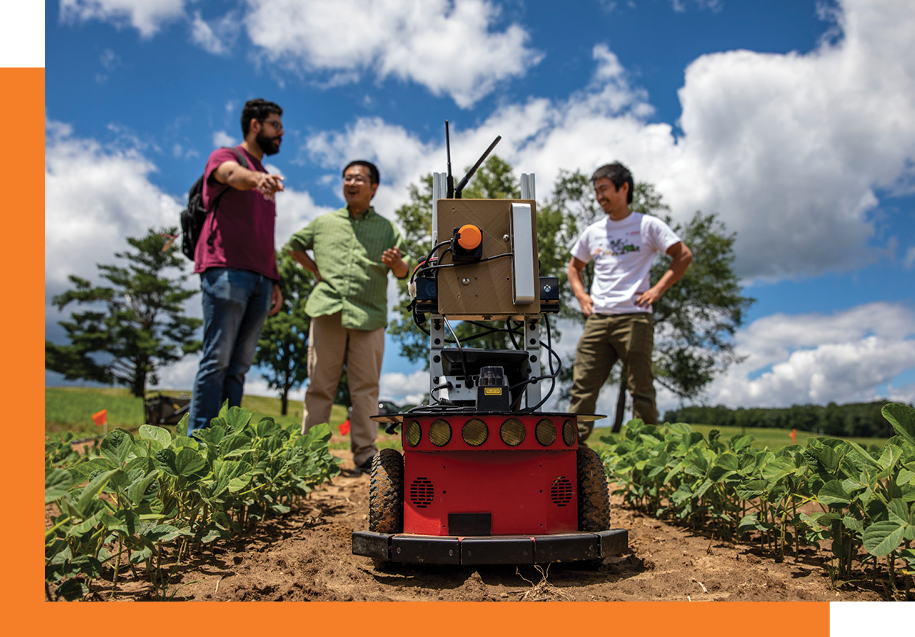
Center for Advanced Innovation in Agriculture formed
In order to foster informed decisions from agricultural technologies and analytics for growth and research opportunities, the college has created the Center for Advanced Innovation in Agriculture.
The center will focus on scientific discovery and application toward technology-driven innovative solutions at the intersection of agricultural technology, data analytics, and decision-making to address challenges and security in the natural world and in human society in the domains of plants, animals, and food systems.
Scores of faculty members across CALS and Virginia Cooperative Extension with experience in everything from precision agriculture and cyberbiosecurity to genomic design and machine learning will be part of the new center.
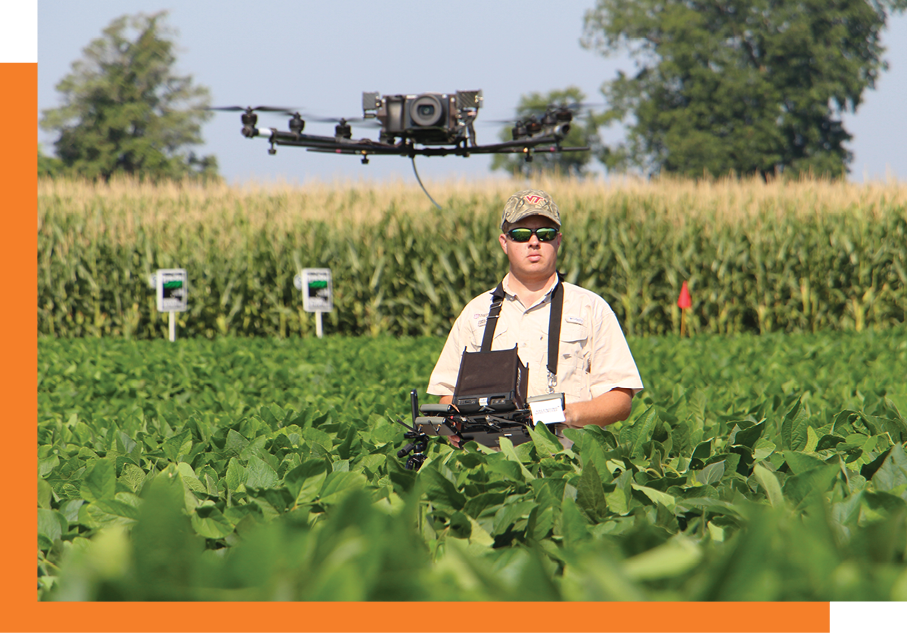
Cyberbiosecurity for a digital world
Just like many industries moving to an increasingly digital world, agribusiness needs resources and strategies to protect biological and data sources from potential cyber attacks, such as unauthorized data injection and unauthorized control of automated systems. The U.S. food and agricultural system influences more than 20 percent of the nation’s economy and 15 percent of American jobs, making public trust essential.
To address these cyberbiosecurity issues, CALS hosted the virtual conference Securing Agriculture, Food, and Economy with Cyberbiosecurity in early October.
During the workshop, thought leaders and influencers discussed common food and agricultural system challenges, scenarios, outcomes, and risks to various sectors of the system. Cyberbiosecurity strategies for the system were discussed, along with gaps in workforce and training, as well as research and policy needs.
Read more at VT News →
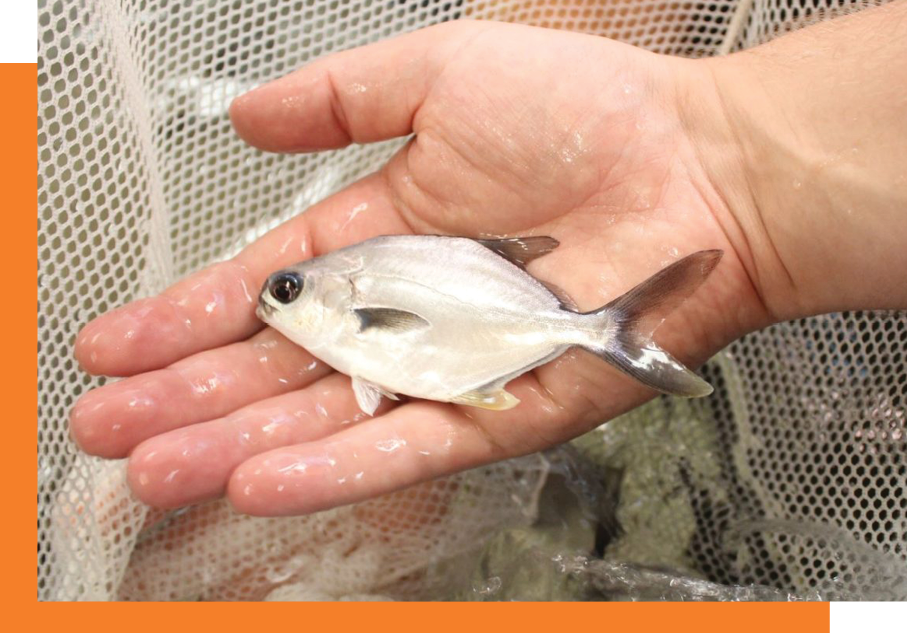
Using blockchain to shore up the food supply chain
The Virginia Seafood Agricultural Research and Extension Center is pushing boundaries in the seafood industry through expanding automation for processing to improve economic resiliency in the wake of the COVID-19 pandemic. The AREC is exploring a new method of sales for the typically restaurant-focused seafood industry – direct-to-consumer sales.
“When we look at food safety and security, these are all enhanced with smartfarm innovations,” said Michael Schwarz (’06), director of the Virginia Seafood Agricultural Research and Extension Center. “As a result of this crisis, we're going to see a stronger push into automation, information, and data management through blockchain technologies, cybersecurity, and enhanced traceability.”
Read more at VT News →
The sound of plants dancing
Close your eyes and listen to what’s around you. What do you hear?
Sure, you hear the sound of wind chimes or leaves fluttering in the wind, but can you hear the sounds of plants moving as they grow?
Now imagine putting on a pair of headphones and being able to determine the health of plants across the globe based purely on what you hear. You could ensure healthy plants by making remote adjustments to the soil, water, or fertilizer based on what you heard.
That’s exactly what Bingyu Zhao, associate professor in the School of Plant and Environmental Sciences, is researching.
Zhao’s team is studying the microscopic movements and sounds that are made by plants grown in a hydroponic environment based on the nutrients they have — or lack — from water. Their work could impact the global food supply by increasing the sheer number of food-producing farms in previously challenging growing locations, including urban environments. The research will increase the health of the plants, enabling them to produce more — and higher quality — food.
Read more at VT News →
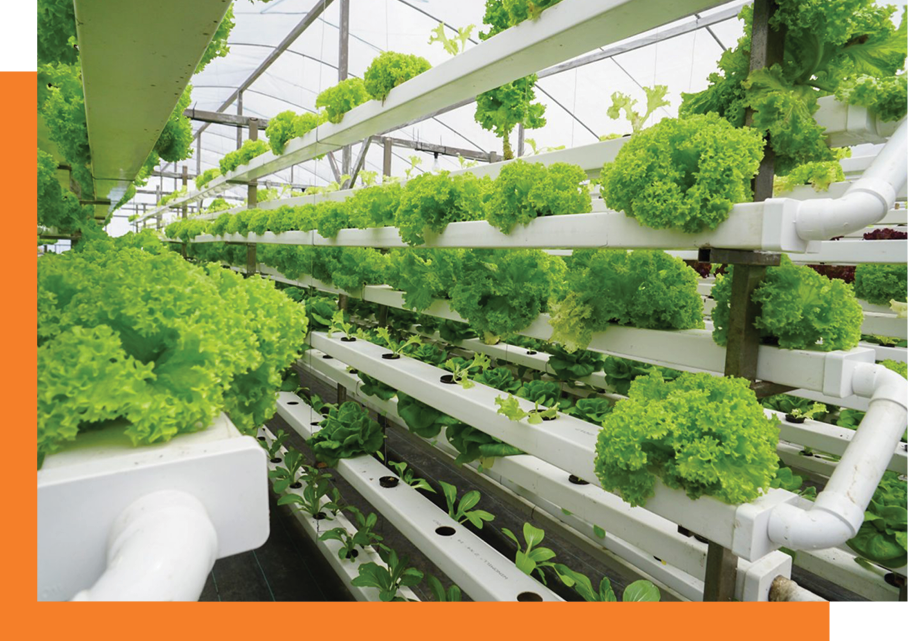
Moving farms indoors
The Institute for Advanced Learning and Research partnered with the School of Plant and Environmental Sciences and the Virginia Seafood Agricultural Research and Extension Center to launch a Controlled Environment Agriculture Innovation Center on IALR’s campus in Danville, Virginia.
The Innovation Center will leverage technology and research to accelerate advancements, economic development, and regional participation in the developing industry of indoor farming. The value of U.S. greenhouse-grown food crops is expected to exceed $4 billion this year.
Convening industry, academia, and producers, the Innovation Center will be housed primarily within a modern greenhouse complex on IALR’s campus, and will feature various hydroponic systems. Vertical growing racks maximize space, and high-tech engineering and technology will be integrated and on display throughout the center. Faculty and staff involved in the center will research and educate on raising fish in controlled environments using aquaponics, or recirculating aquaculture systems that integrate plant and fish production
Read more at VT News →
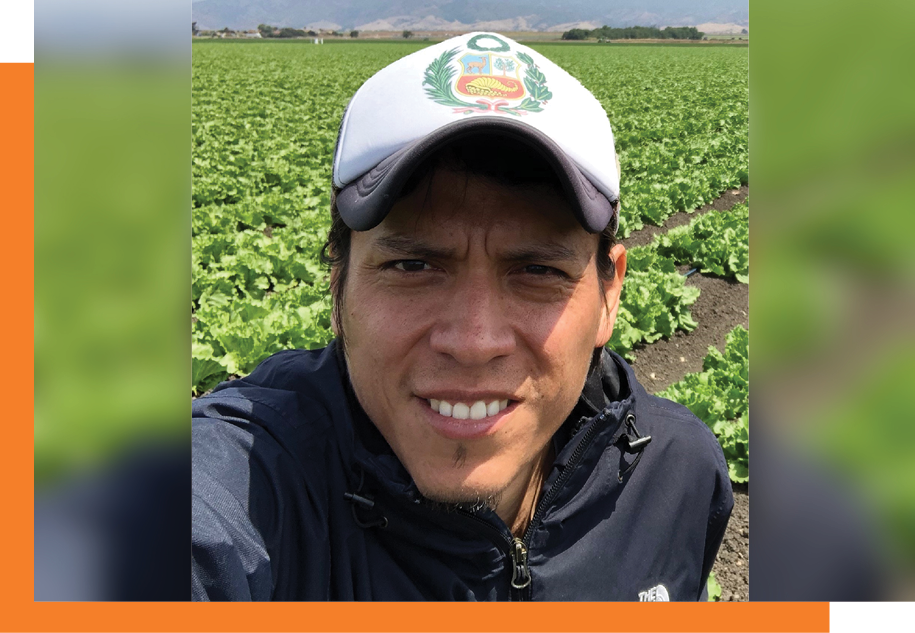
New SmartFarm Innovation Network faculty span disciplines
Alejandro Del-Pozo, an assistant professor of applied insect ecology in the Department of Entomology, has accepted one of 13 new positions that are being filled in the coming years as part of the SmartFarm Innovation Network. Collaborations between these new hires and existing faculty will enhance interdisciplinary flagship programs at the nexus of digital, biological, social, and physical sciences and engineering with application to agriculture, food, and natural resources.
Read more at VT News →